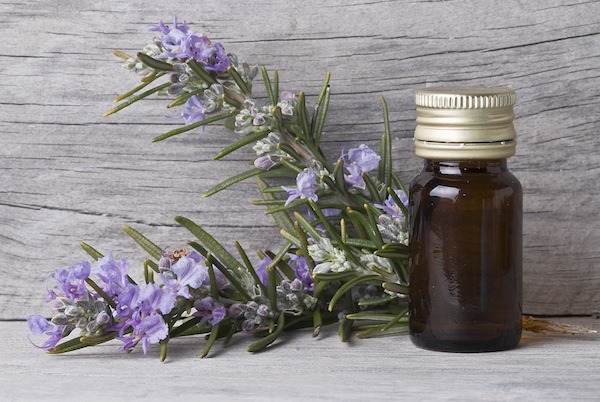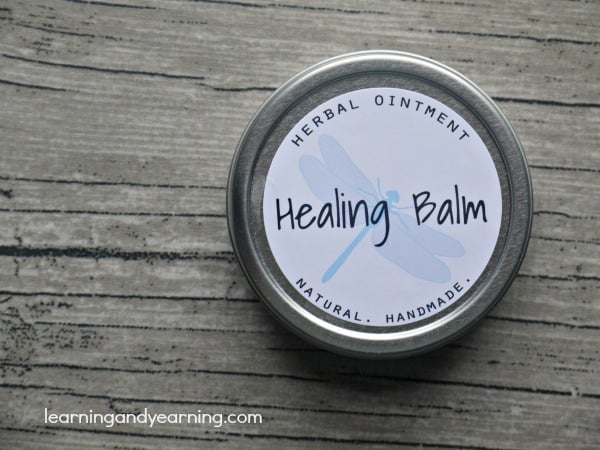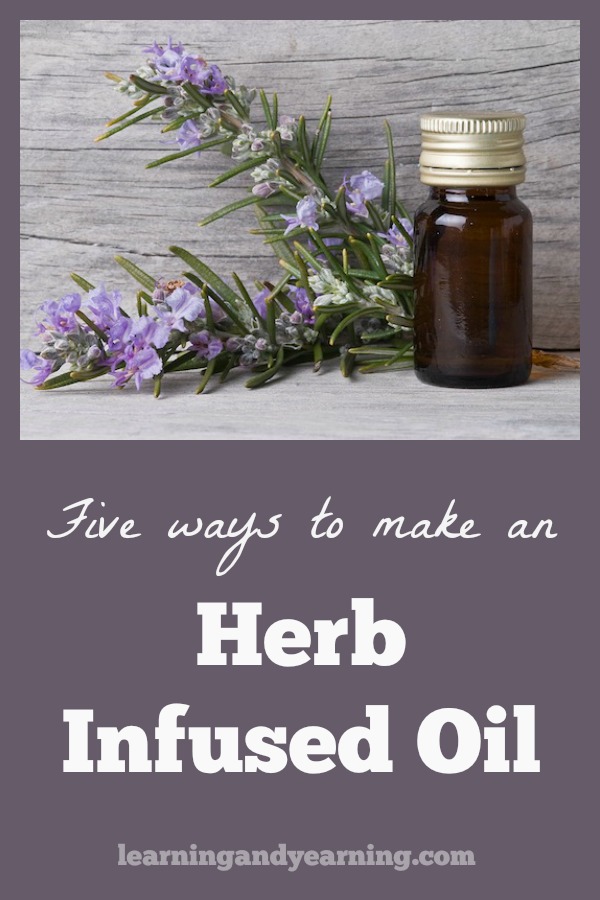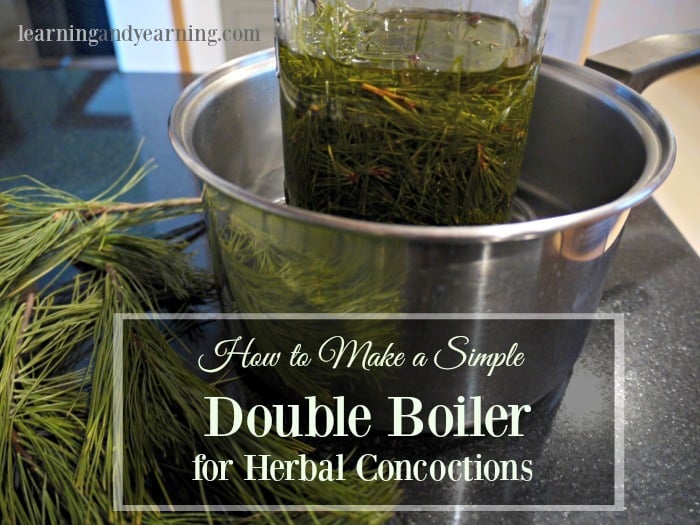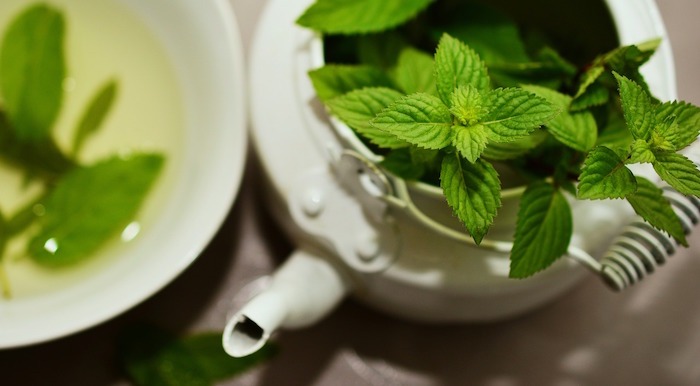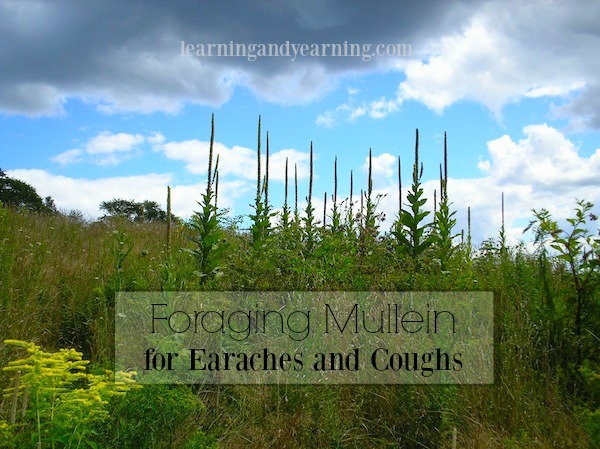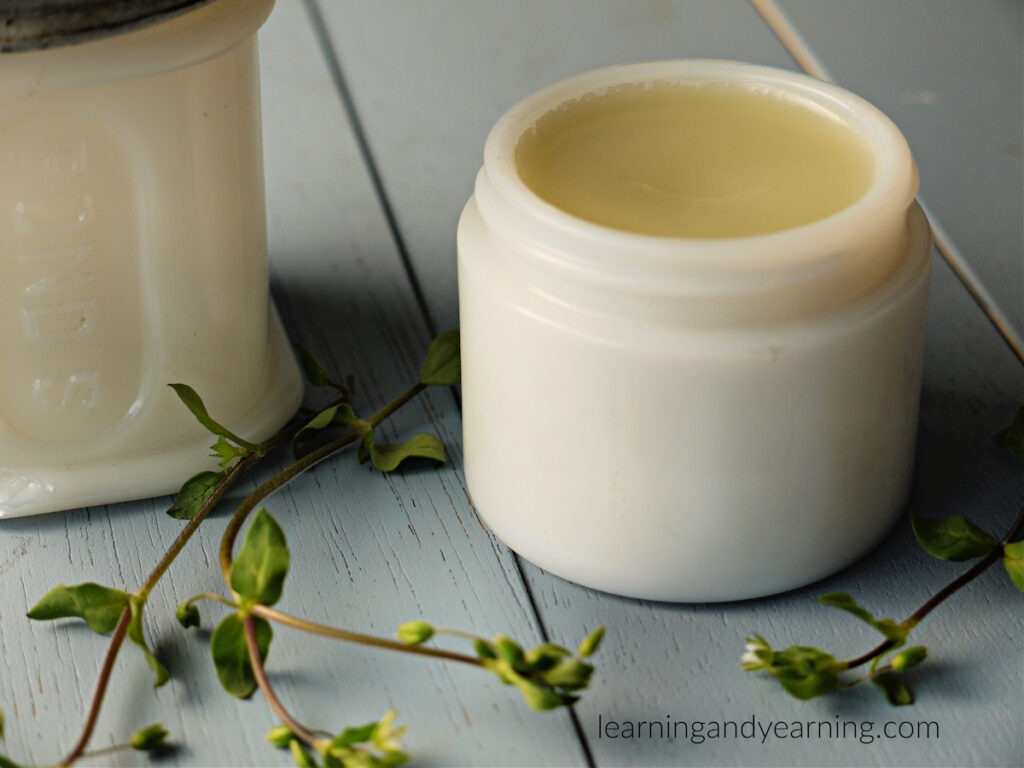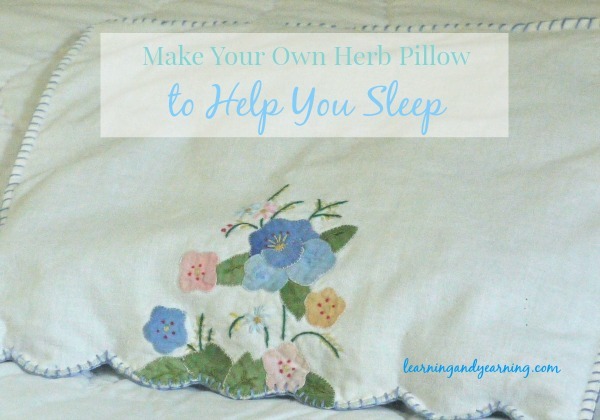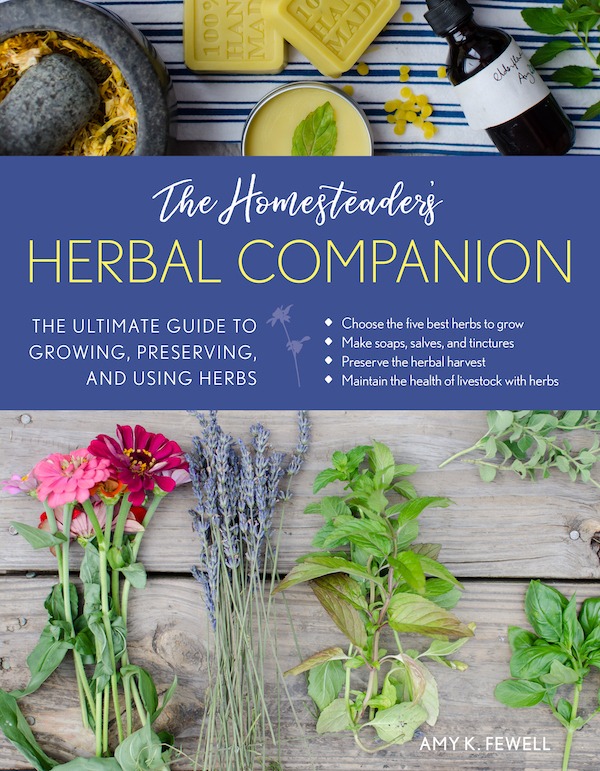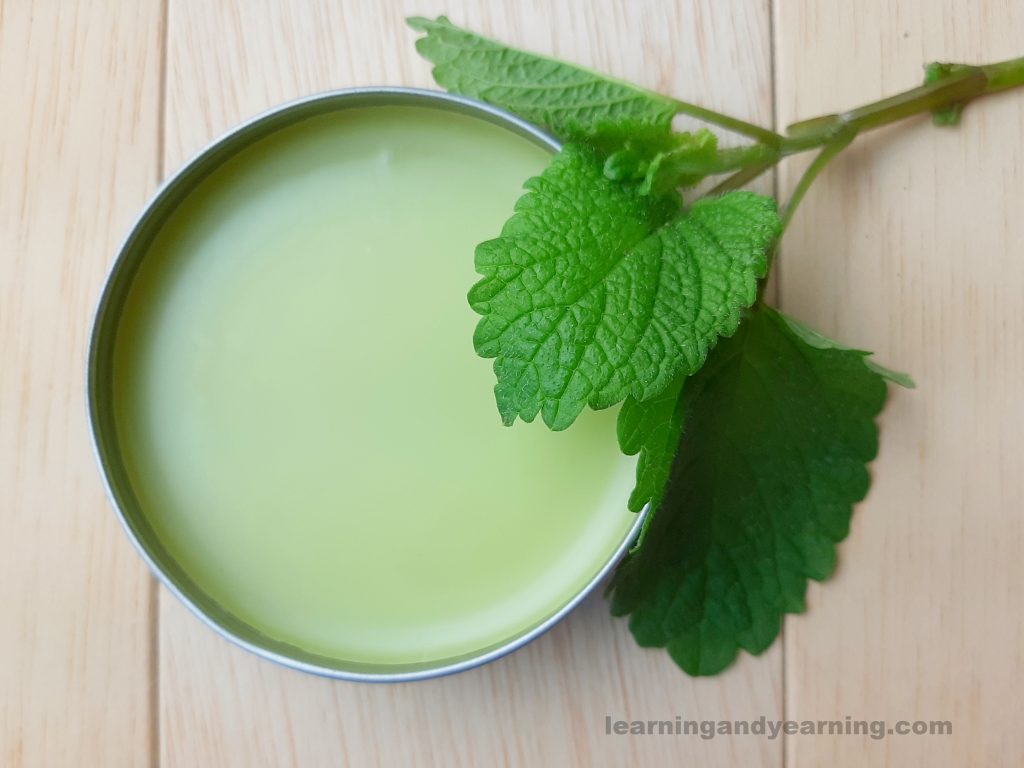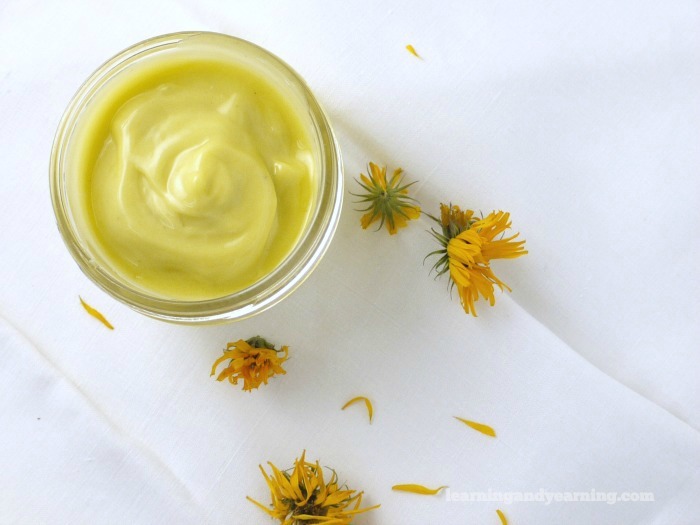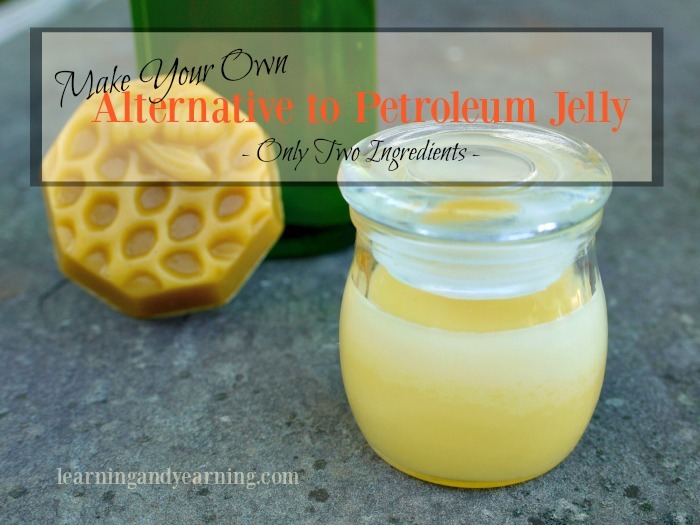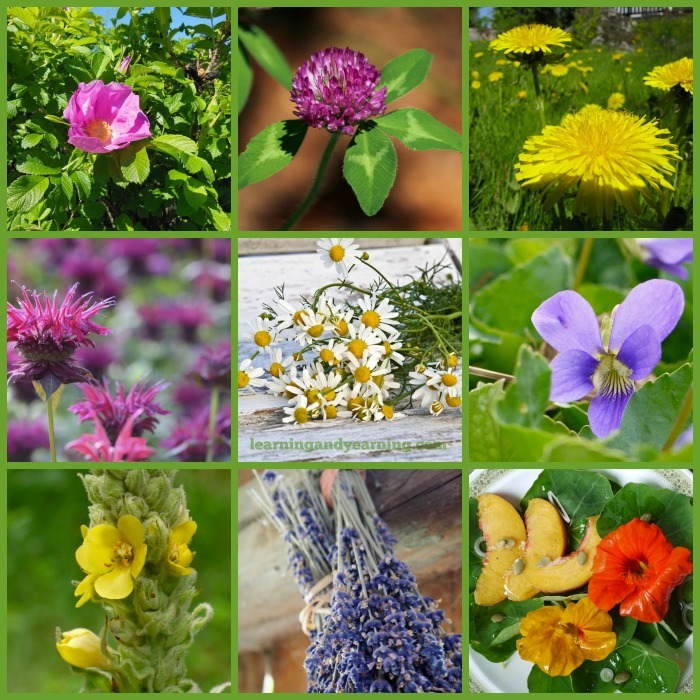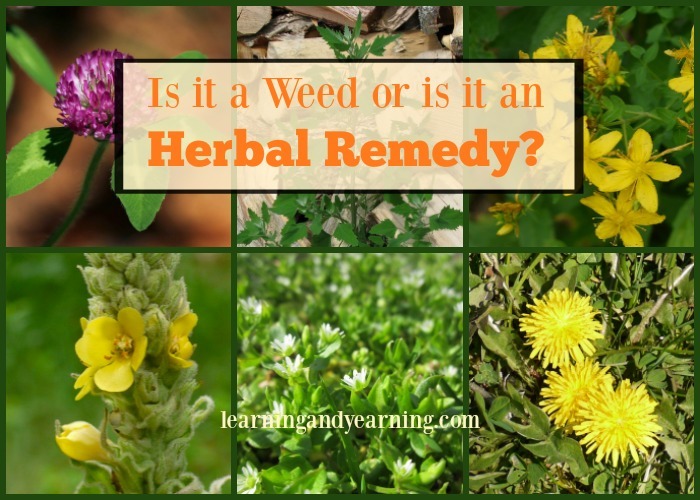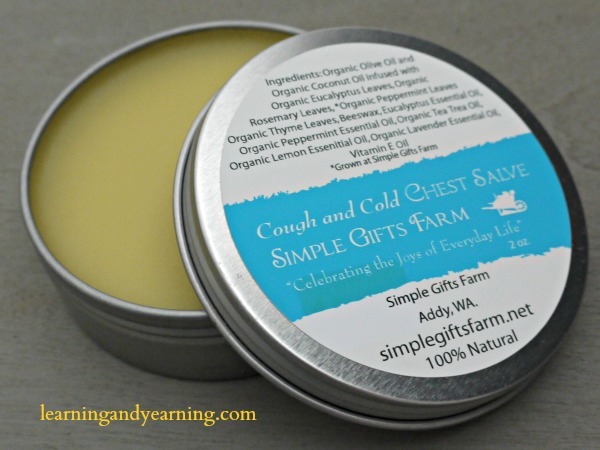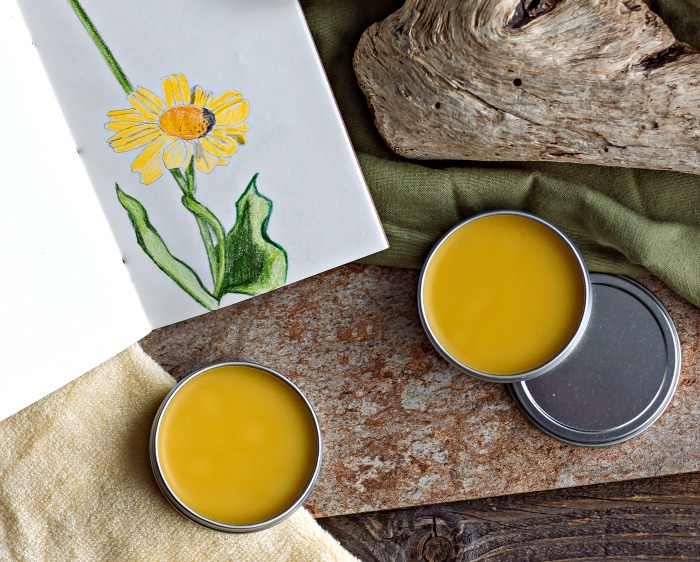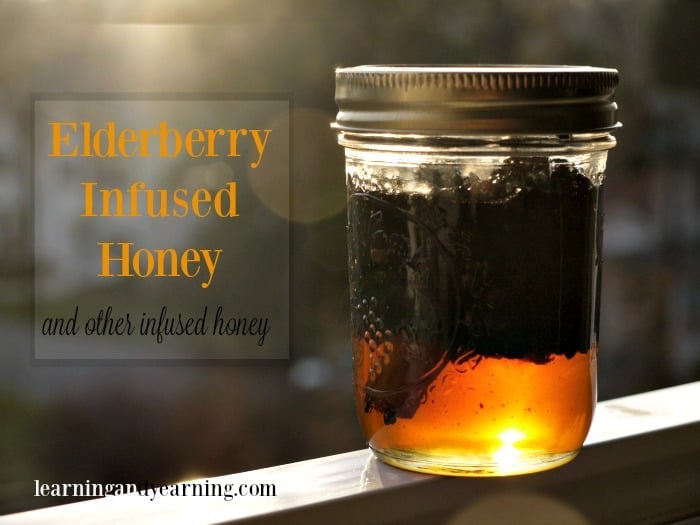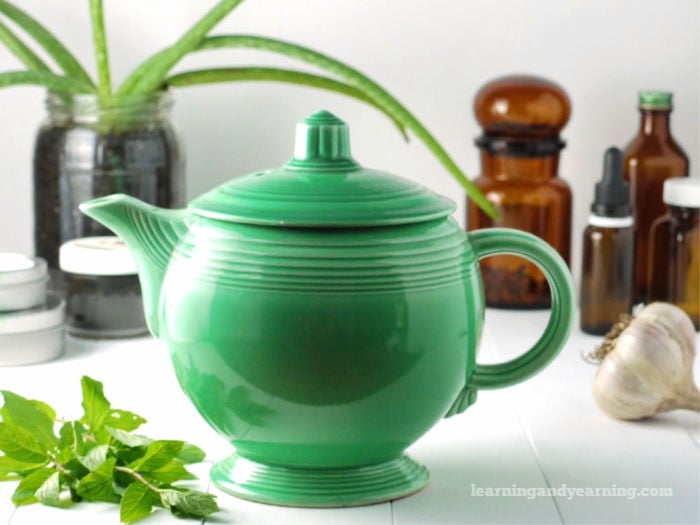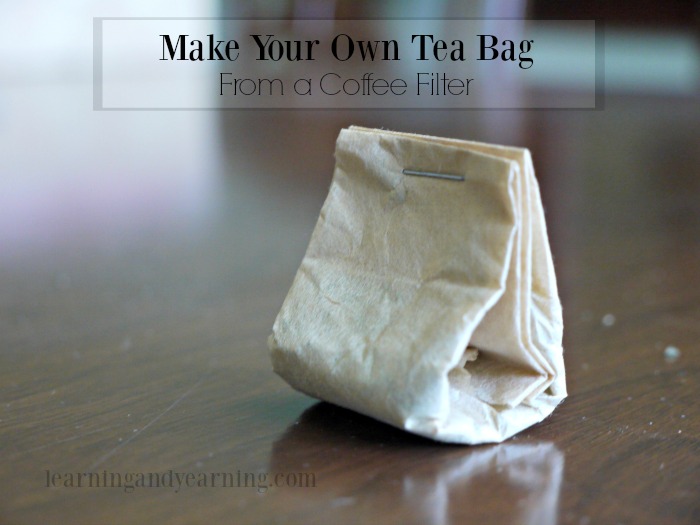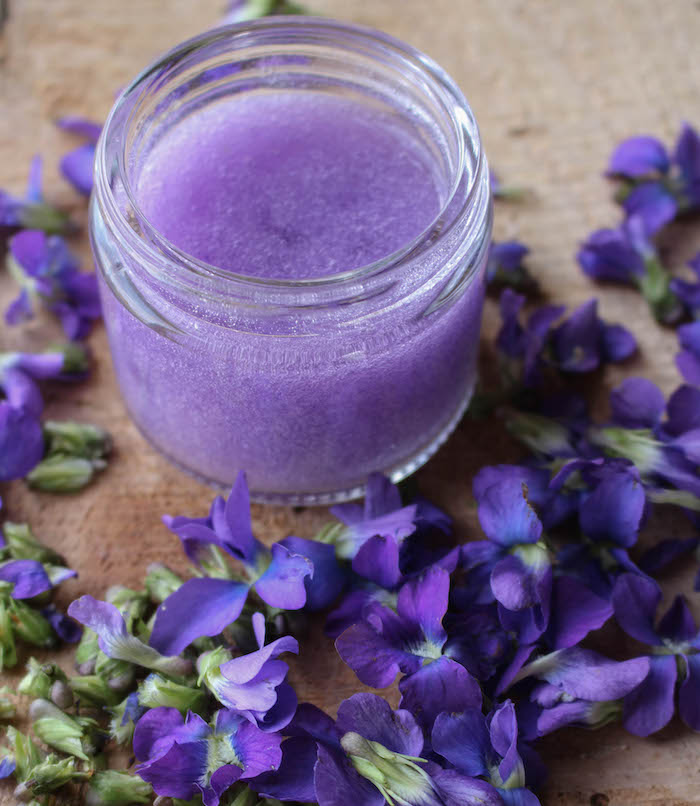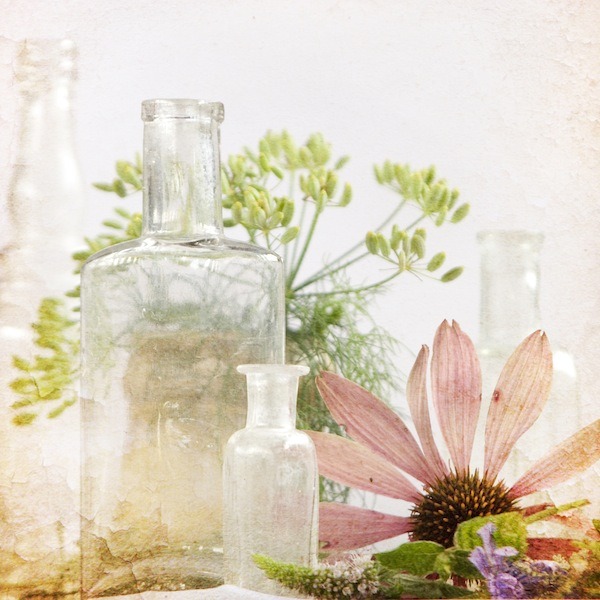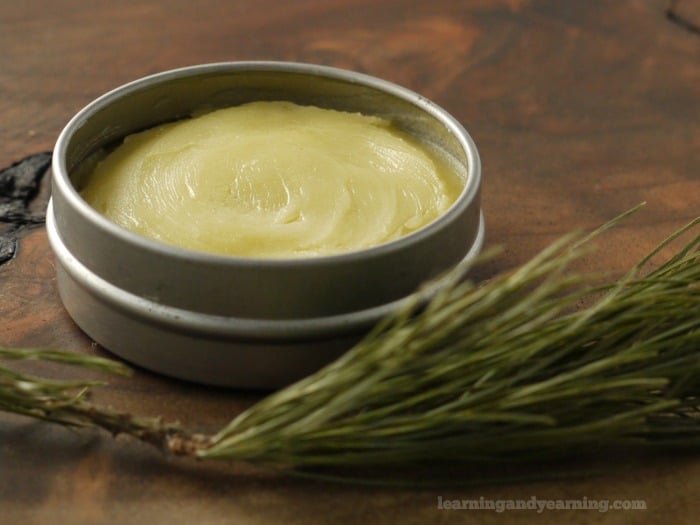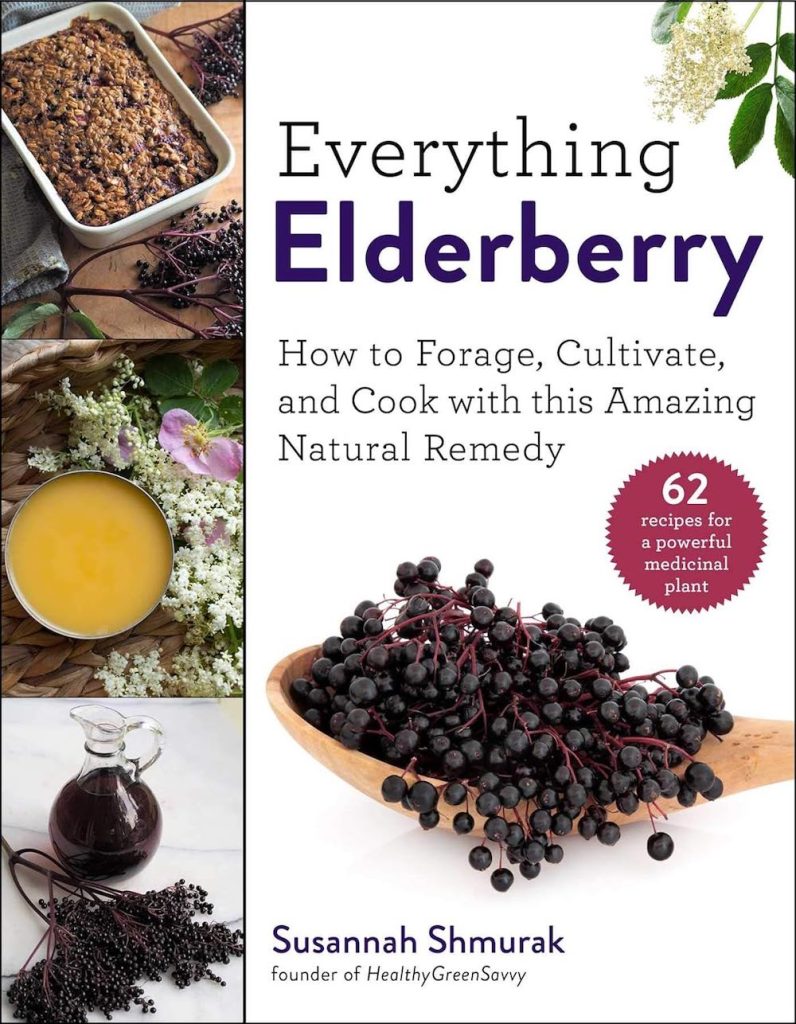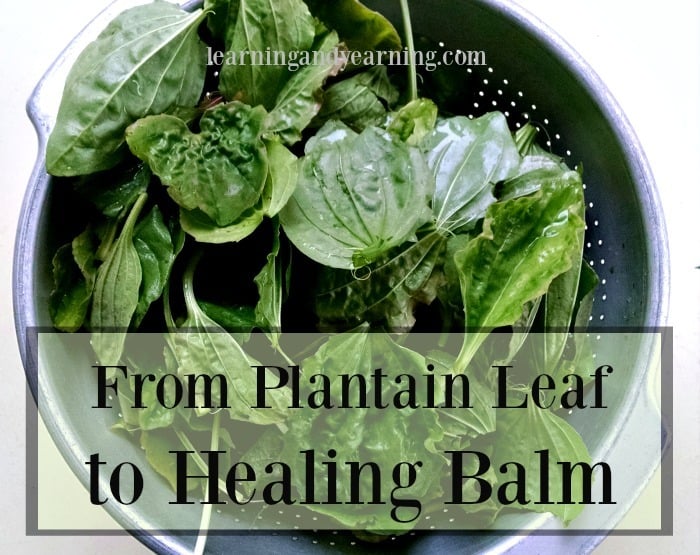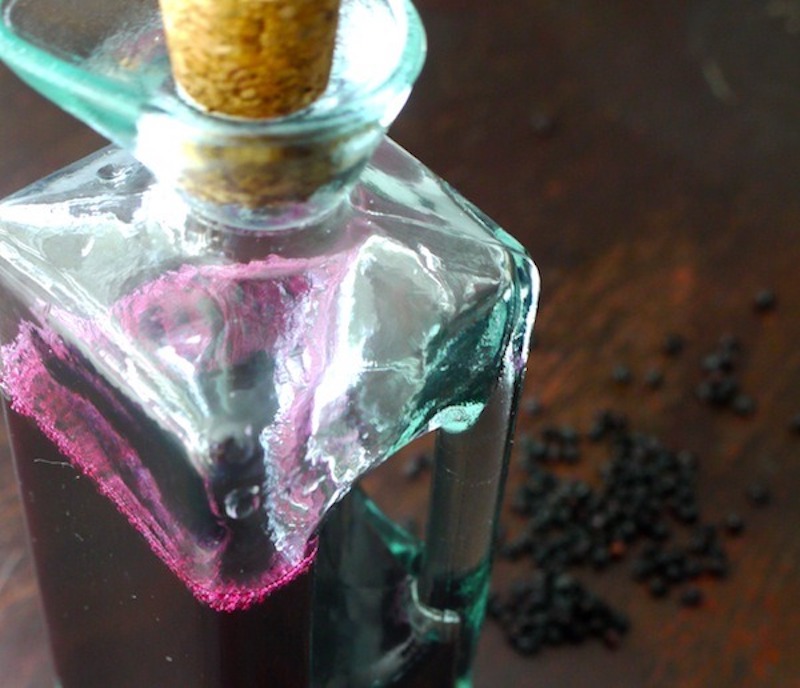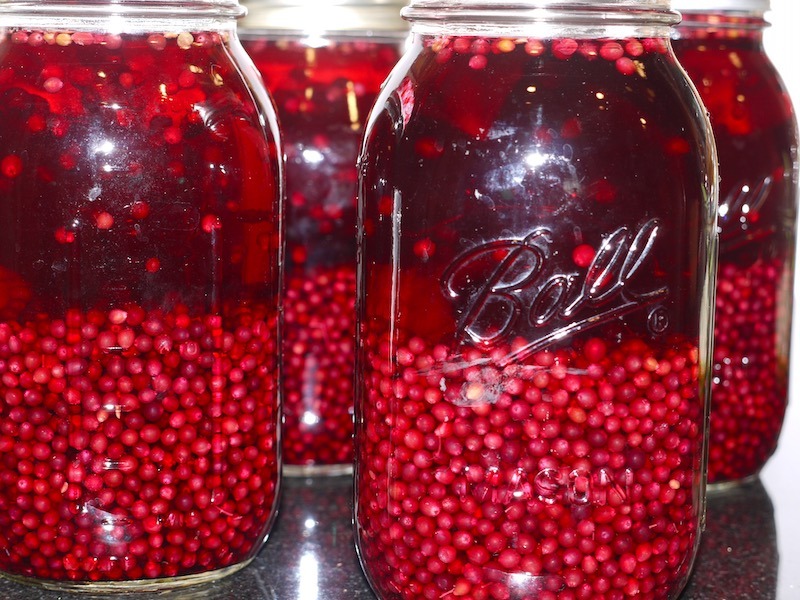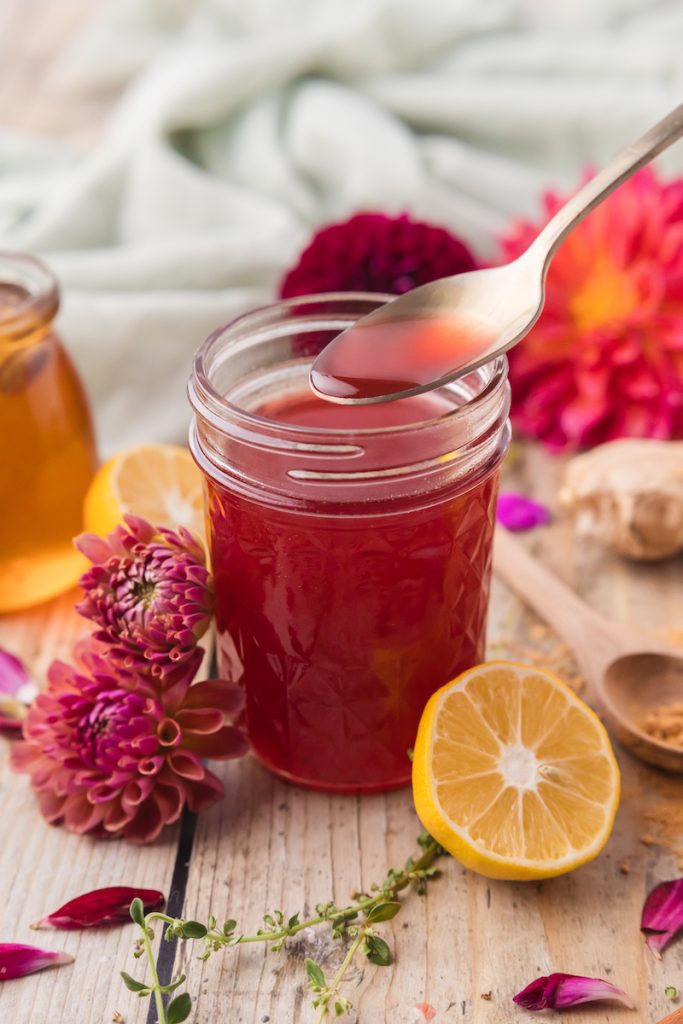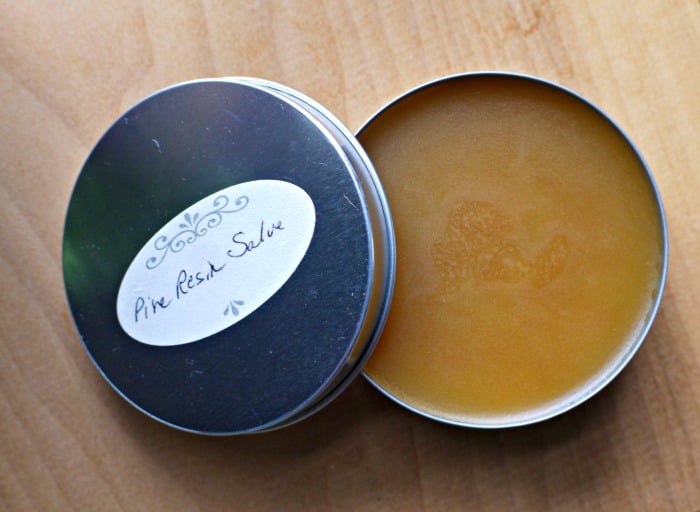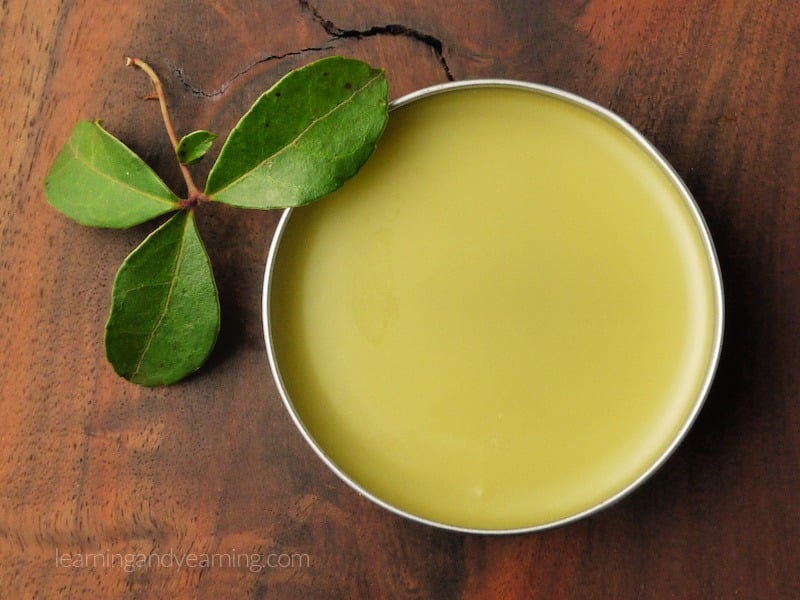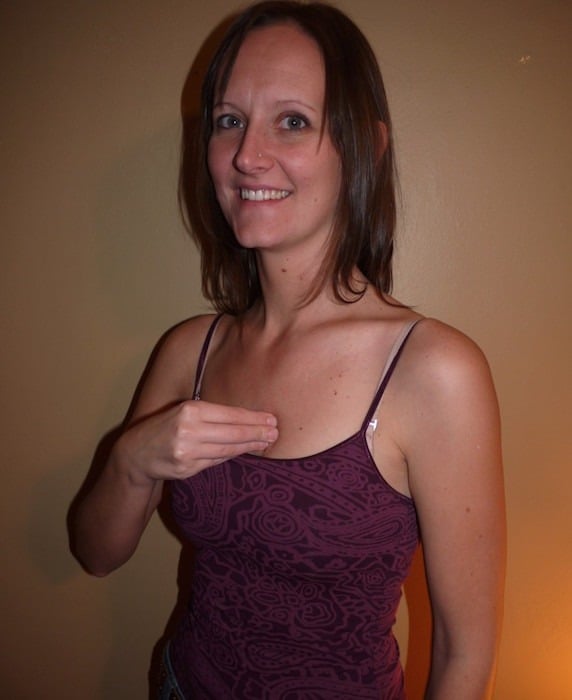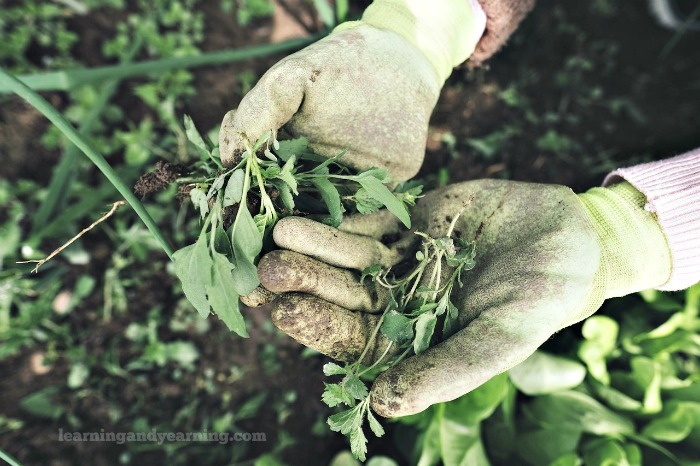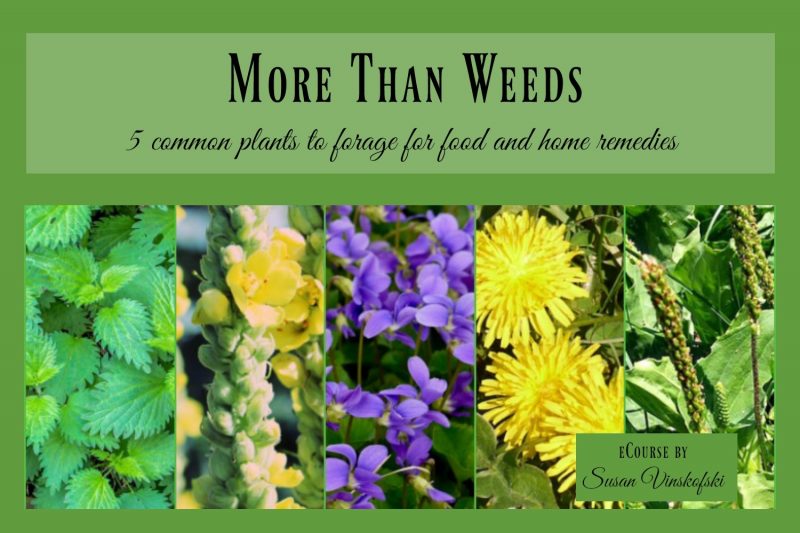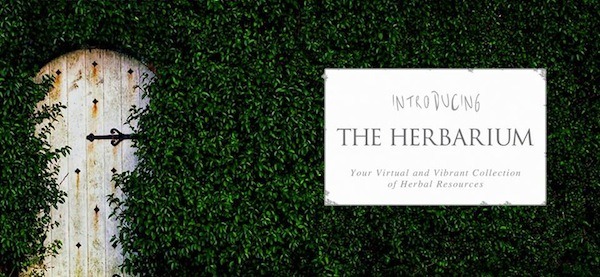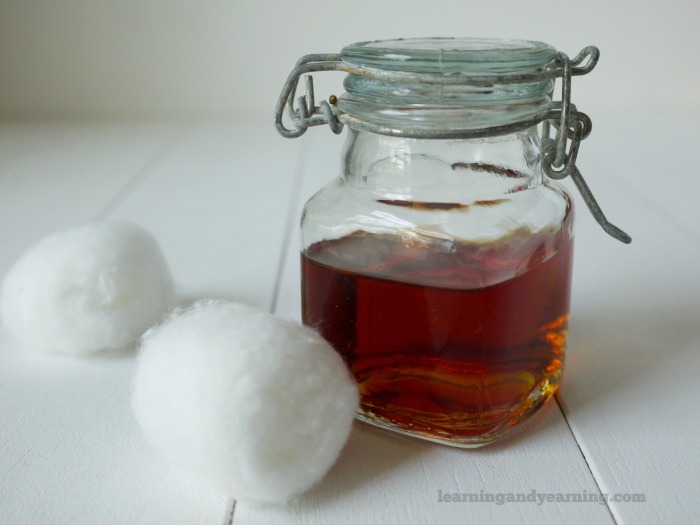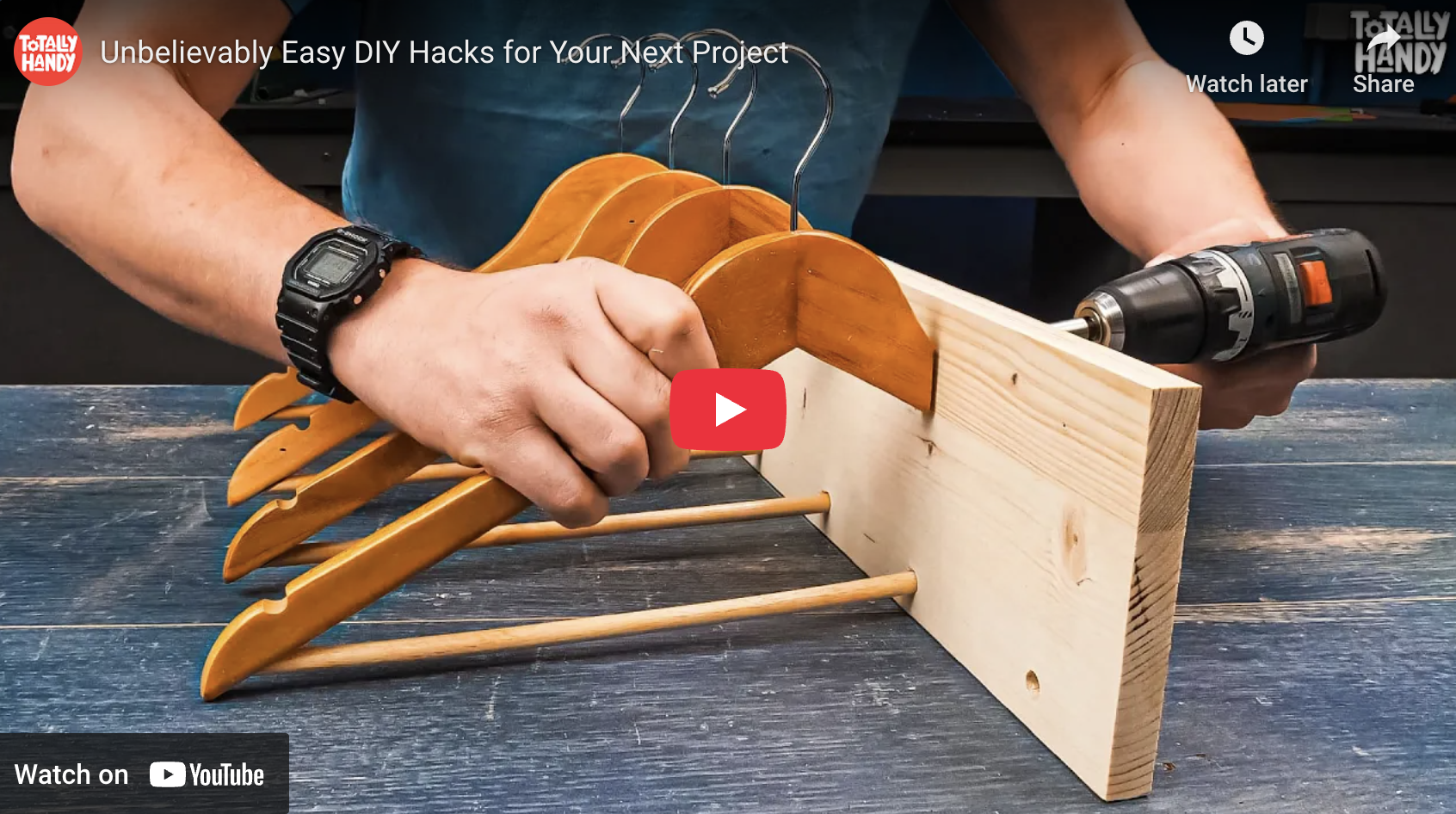Why Make an Herb Infused Oil?
You use herbs everyday. They are wonderful for adding flavor to our foods, and can also have great value as home medicine. Making medicinal teas is one way to consume herbs but sometimes an herb is needed externally to relieve itch, soothe a rash, or provide pain relief.
By steeping herbs in oil many of its chemical components can be extracted and preserved for future use in healing salves, balms and even herbal soaps.
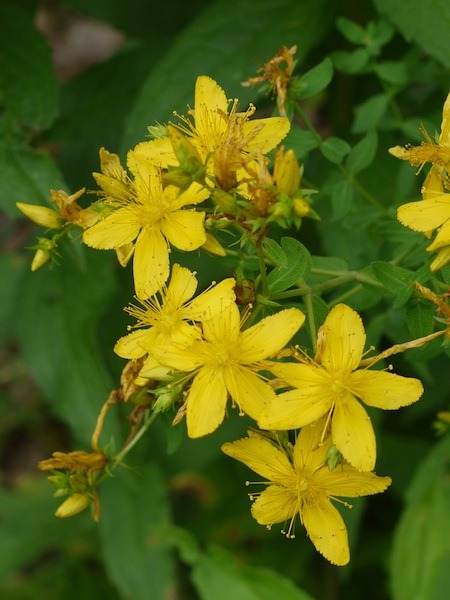
St. John’s Wort
How to Make an Herb Infused Oil
Making an herb infused oil really is as simple as steeping quality herbs in a quality oil. Time and warmth are needed to allow the volatile oils in the herb to become infused in the oil.
There are a number of ways to provide that warmth; we’ll discuss five methods below. But first a word about the herbs and oil.
Fresh herbs contain water which can potentially cause mold. Using dried herbs can prevent this problem, but if you must use fresh herbs, allow them to sit spread out in a dry, airy location for a day to allow some of the water to evaporate. If you’re looking for a quality source of dried herbs, you’ll love Frontier Herbs or Starwest Botanicals.
With each method, I do not specify amounts for the herbs or oil; you can make as little or as much as you like. In each case, just be sure to completely cover your herbs with oil.
Your herb infused oil will only be as good as your herbs and your oil. Choose high quality. Olive oil is a good choice for making infusions since it itself is nourishing and does not easily go rancid.
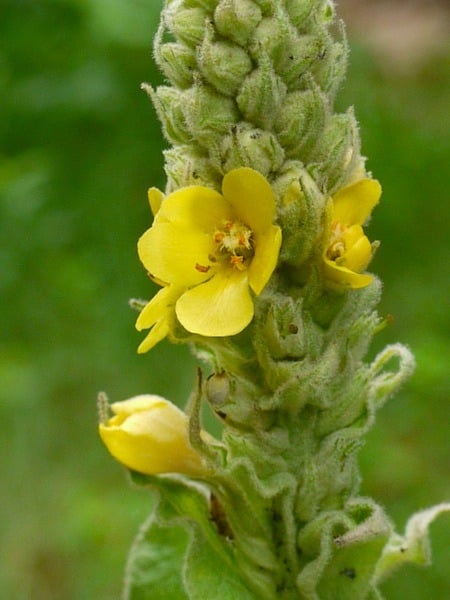
Mullein
Double-boiler Method
When infusing an oil with herbs, it’s important to keep any heat used very low (around 100°F is ideal) so that neither the herb nor the oil are destroyed. A double-boiler can help to protect these precious ingredients. A mason jar placed in a pan of water will work in a pinch. I like to place a few canning jar rings in the bottom to protect the oil from overheating.
Chop or tear your herbs and place in the top of a double-boiler, or in a mason jar. Completely cover the herbs with olive oil. Place water in the bottom of the double-boiler and keep warm at very low heat for at least 60 minutes. Remember, low heat and long infusion time means great oil.
Strain the herbs which may then be composted. Bottle your oil and be sure to label and date your jar.
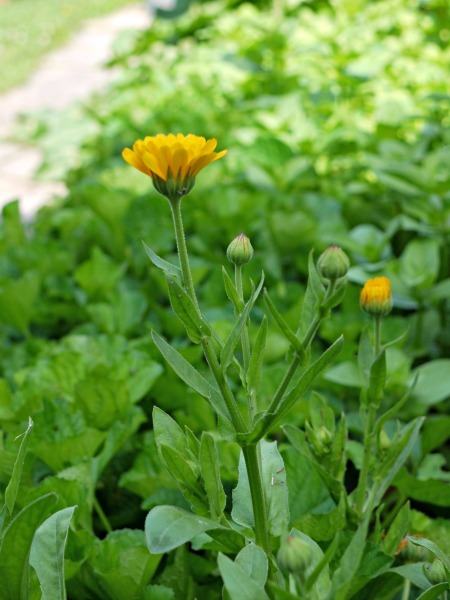
Calendula
Solar Method
To use the heat of the sun to infuse your oil, simply place your chopped herbs in a mason jar and cover with olive oil, leaving about an inch of headroom. Cover the jar. Now simply place your jar in a sunny location for 2 – 4 weeks. Consider moving the jar to a warm location (like the top of your refrigerator) on days the sun is not shining, and at night.
Strain the herbs which may then be composted. Bottle your oil and be sure to label and date your jar.
Dehydrator Method
I like to use my Excalibur dehydrator to make infused oils when it’s already running for another purpose, as long as the temperature is not above 110°F. Place your chopped herbs in a mason jar and cover with olive oil, leaving about an inch of headroom. Place in your dehydrator and set the temperature anywhere between 100° and 110°F. Allow to infuse for at least 8 hours. Longer is always better.
Strain the herbs which may then be composted. Bottle your oil and be sure to label and date your jar.
Oven Method
Place your chopped herbs in a mason jar and cover with olive oil, leaving about an inch of headroom. Place several inches of warm water in an oven proof baking dish and place it in the oven. Warm your oven to 200°. When the oven is at temperature, turn it off. Place the mason jar into the pan of water. Close the oven door and let the herbs steep there for at least 4 hours.
Strain the herbs which may then be composted. Bottle your oil and be sure to label and date your jar.

Dandelion
Crock-Pot Method
Chop or tear your herbs and place in a mason jar. Completely cover the herbs with olive oil. Place a dishtowel in the bottom of your crock-pot and add several inches of warm water. Place the mason jar in the water and turn your crock-pot to warm. If the lowest setting on your crock-pot is low, then monitor the water temperature and if it goes above 110°F, turn the crock-pot off until the water begins to cool a bit. Allow to infuse for at least 4 hours. Longer is always better.
Strain the herbs which may then be composted. Bottle your oil and be sure to label and date your jar.
Storing Your Oils
Store your oils in a cool, dark place (or in amber bottles). The shelf life is approximately one year, longer if you keep them refrigerated.
Be sure to also visit my post Natural Home Remedies for Your Medicine Cabinet.
Making Specific Herbal Oils
Arnica Oil for bruises, sprains, and wounds.
Birch Leaf Oil for sore muscles.
Chamomile Oil to soften skin.
Jewelweed Oil for itch.
Mullein Oil for earaches.
Using Your Infused Oils in Salves and Balms
From Plantain Leaf to Healing Balm
